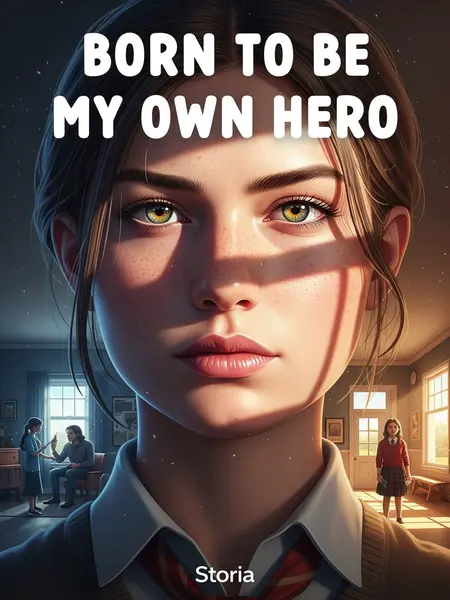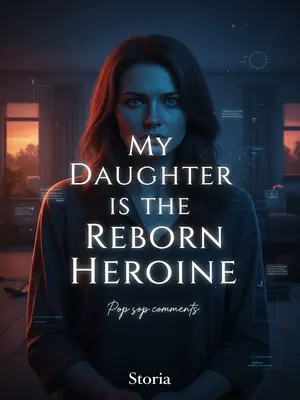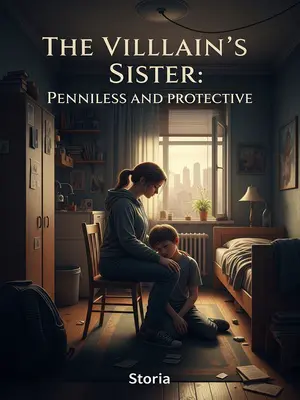Standing Up, Stirring Trouble
He’d shove me off the porch or steal my lunch, grinning like he owned the world. To him, I was an easy target—no one to stand up for me. I’d grit my teeth, wishing I could disappear.
He’d say, “Your folks don’t want you, nobody’s taking you home. You’re just a stray.”
He’d spit the words like they were gospel, daring me to argue. I’d just bite my lip and stare at the ground.
He was fifteen, but I didn’t get it then. Looking back, the grown-ups were just as bad. Their whispers stung the same way.
It wasn’t just kids being cruel. I’d overhear Aunt Linda whispering on the phone, or Grandma Carol muttering over her knitting. Their pity stung as much as Cody’s taunts.
Everyone knew who I was, but pretended otherwise. Until I got married, my name was always just Ellie.
No one ever called me by my full name. I was just “that Ellie girl,” a shadow in every room.
Since my parents never claimed me, my place at Grandma’s was awkward.
I was always careful not to take up too much space, tiptoeing around their moods. I learned early on how to make myself small.
To be exact, at Aunt Linda and Grandma Carol’s house.
It was a cramped place, always smelling of fried onions and old newspapers. My bed was a cot in the corner, piled high with hand-me-down quilts.
My younger aunt, Aunt Jenny, had left for work in Cleveland years ago. She only sent the occasional check.
Her postcards would arrive with pictures of the city skyline. I’d trace the buildings with my finger, imagining a life where I could disappear into a crowd.
Grandma and Mom never got along, so I stayed with Aunt Linda.
Their arguments were legendary—slamming doors, shouting matches that rattled the windows. I kept my head down. Better safe than sorry.
I wasn’t the cherished grandchild. “Servant” was more like it.
I scrubbed floors, washed dishes, and fetched groceries. If I ever complained, Grandma would snap, “You want to eat, you work.”
No new clothes. Just Cody’s hand-me-downs. Never mind that we were three years apart.
His jeans were always too long, his shirts stained and frayed at the cuffs. I’d roll up the sleeves and pretend not to notice the laughter at school.
Sometimes, when Cody’s friends recognized his old shirts on me, he’d beat me because I made him look bad.
He’d corner me in the backyard, fists clenched, daring me to fight back. I never did. I just took it, counting the days until I could leave.
And Grandma Carol just turned a blind eye.
She’d sit by the window, sipping sweet tea, pretending not to hear. “Kids will be kids,” she’d say if anyone asked.
Aunt Linda only ever spoiled her precious son.
She’d bake Cody cookies, buy him baseball cards, and brag about his grades—even when he barely passed. I got leftovers and silence.
Neighbors would say, “Come on, Cody, she’s your sister.”
They’d try to smooth things over at church picnics or school events, offering awkward smiles and empty platitudes.
But Grandma would snap, “Mind your business, this is a family matter.” I hated how final her voice sounded.
Her voice had a finality to it, the kind that ended conversations. People would nod and look away, pretending not to notice the bruises.
So folks kept quiet.
Everyone knew. No one wanted to be the one to speak up.
Living again, I refused to be their doormat.
I could feel a new resolve settling in my bones. This time, I’d make them see me, whether they liked it or not.
I squeezed my eyes shut. The room spun for a second, the old ache in my chest sharper than ever. I took a shaky breath, steeling myself for what was to come. No more tears for people who’d never cared.
This time, I’d live for myself.
I repeated it like a mantra, letting the words anchor me. I’d survived worse—I could do it again. I had to.
My biological mother, Teresa Foster, stomped in and saw me still lying there.
Her footsteps were heavy, each one a warning. She looked at me like I was a stain she couldn’t scrub out.













